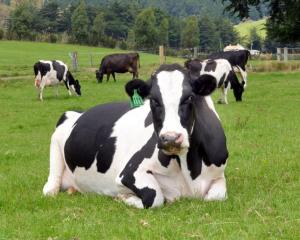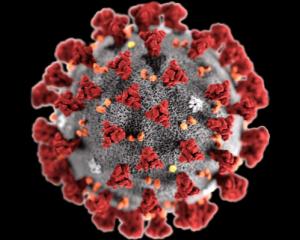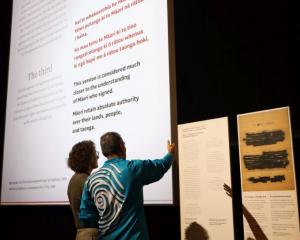The Sale and Supply of Liquor and Liquor Enforcement Bill, tabled by Associate Justice Minister Lianne Dalziel yesterday, would tighten rules around supplying alcohol to young people and enforce self-regulation of alcohol advertising and promotions.
Small grocery store owners contacted yesterday were unsure how the Bill - which would prohibit the sale of alcohol in stores under 150sq m in area - would affect their trading, although they did say it would inconvenience customers.
Dunedin City Council liquor licensing co-ordinator Kevin Mechen said he felt grocery stores should not be relying on the sale of liquor to remain afloat.
"If they take alcohol away, they would have more space for produce and things like that. It isn't taking away their livelihood."
He said if he had it his way he would implement the policy immediately.
He said the Bill was needed to bring liquor laws into the 21st century and to stop the high mortality rate associated with alcohol, as outlined by the World Health Organisation.
In Dunedin there was no stringent policy around the sale of alcohol, with licensees only policed by the Sale of Liquor Act 1989.
Mr Mechan had recently started a review of local policy and was asking "key stakeholders" for their ideas.
He expected the review to take about four months.
The Bill and review follow concerns about a proliferation of small liquor stores and the sale of alcohol in dairies, which Ms Dalziel said was not in line with what Parliament had intended in 1989.
Foodstuffs South Island chief executive Stephen Anderson, of Christchurch, said he thought "very few" of the company's Four Square outlets would be affected by the change and it was "not a huge issue".
However, he said local communities, where Four Square shops were based, liked the convenience of being able to buy alcohol with their groceries and that would be taken away.
It would also mean a decrease in profit.
Night 'n Day Foodstores purchasing co-ordinator Dave Hellyer, of Dunedin, said the company had "very few" stores with a floor area less than 150sq m.
The company operates 24-hour grocery stores throughout Otago, including four in Dunedin, with a fifth store planned for the Octagon.
He said the stores did not sell "huge amounts" of alcohol.
Under the proposed Bill, local councils would create plans which could cover the hours during which alcohol may be sold, the number of outlets in an area, where premises selling liquor were situated and business practices.
Businesses that did not comply with the new rules would have three years to do so or stop selling alcohol.
Ms Dalziel said the Bill also created a "framework of enforced self-regulation" for alcohol advertising and promotion, meaning the Health Ministry could step in if it felt the industry had not dealt properly with an advertising campaign.
The Bill would also make changes to excess breath-alcohol allowances.
Those under 20 without a full licence would not be allowed to have any alcohol before driving.
It would also make it unlawful to supply alcohol to a minor without the permission of the minor's parents or guardian.
Law Commission president Sir Geoffrey Palmer said he welcomed the wide-ranging and fundamental review as it would give MPs a chance in a few years' time to work with comprehensive material on wider law.











